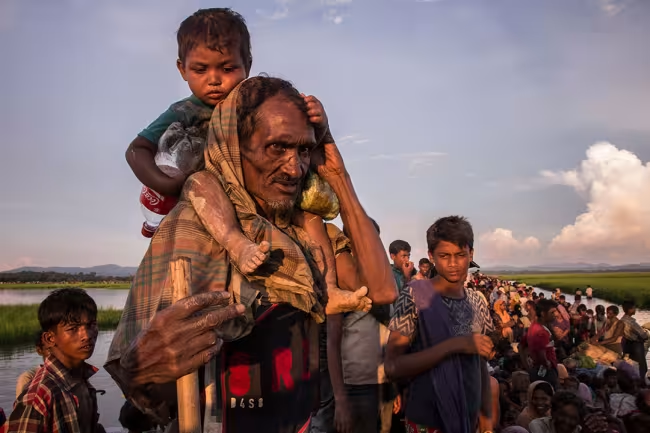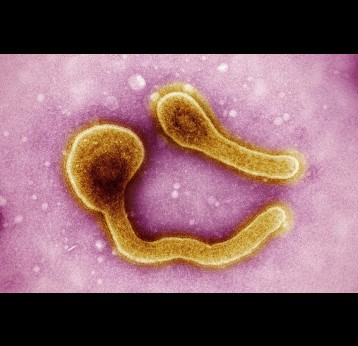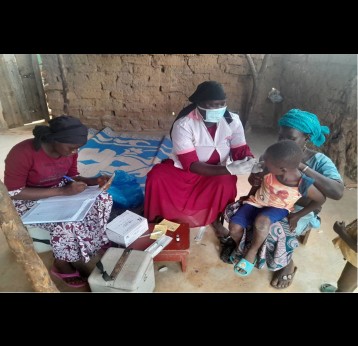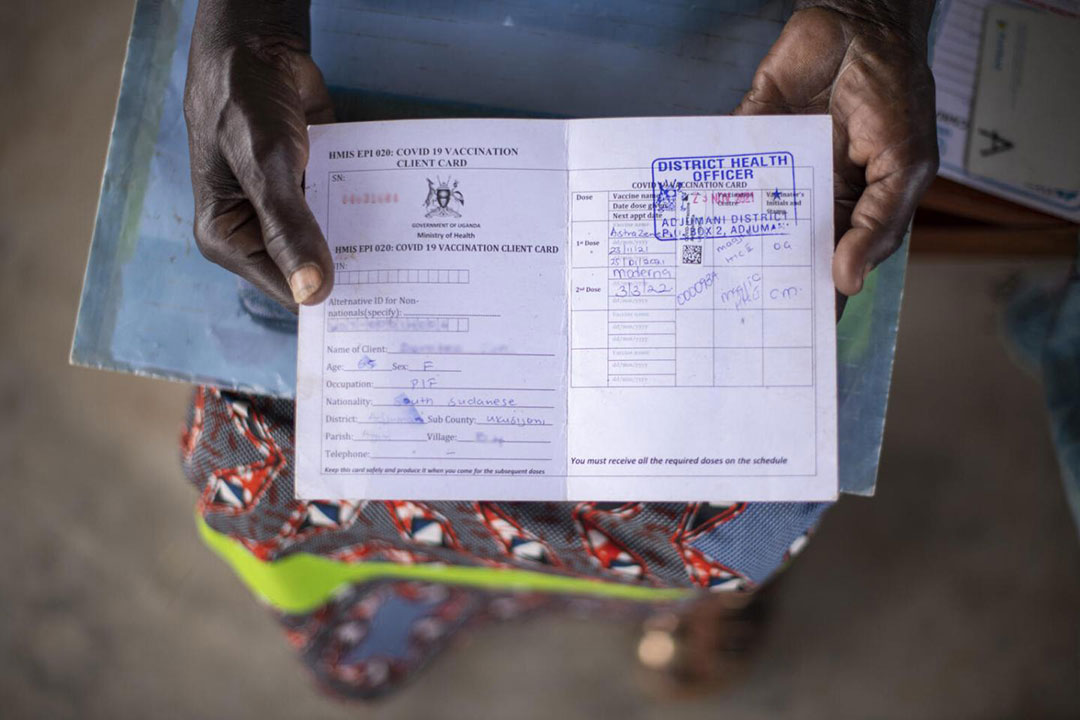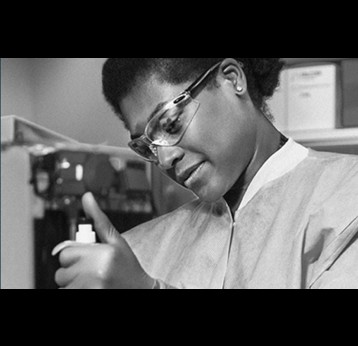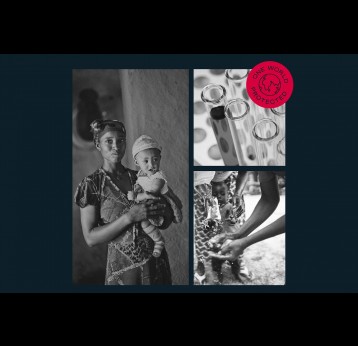Latest news and articles
Six major health threats that could shape 2026: here’s what experts are watching
A new Gavi insight paper highlights six immediate threats to global and regional health in 2026, and some of the initiatives, tools and solutions designed to keep them at bay.
In Djenné, Mali, rising insecurity was sending immunisation rates into dangerous decline. A corps of specially trained health workers turned out to be the key to recovery.
In Ghana, a divided town turns out for HPV vaccination
In northern Ghana, a long-running conflict has made access to healthcare in the town of Bawku increasingly difficult, but that hasn’t stopped health services from successfully rolling out the area’s first human papillomavirus (HPV)…
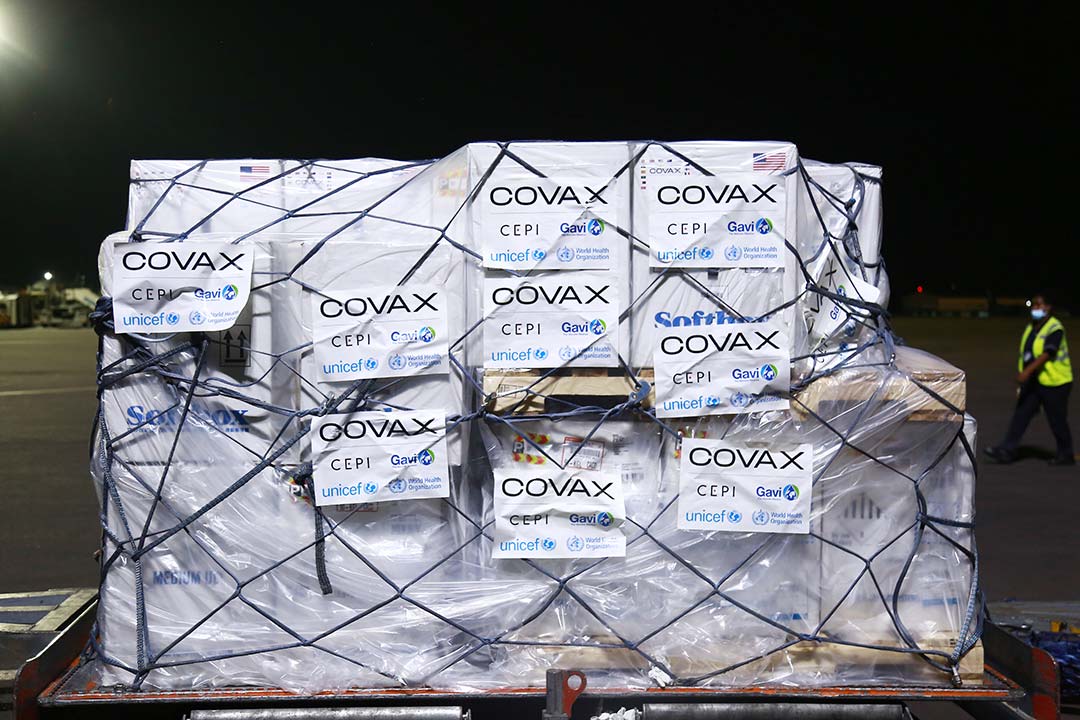
Taking stock of humanitarian access to pandemic vaccines
Discussion paper on key learnings from the COVAX humanitarian buffer experience.
About
Throughout the pandemic COVAX and humanitarian agencies – via the UN’s Inter-Agency Standing Committee (IASC) – set up the Humanitarian Buffer to address the most unpredictable and hardest-to-fill gaps in global COVID-19 vaccine access, supporting governments and non-governmental agencies to deliver to vulnerable groups regardless of COVAX participant status.
The COVAX Humanitarian Buffer also embarked on what was a global first: seeking to directly allocate Emergency Use Listed (EUL) vaccines to non-state actors and support delivery. Up until now, it remains the only mechanism to attempt this. This ambition recognized two key features of humanitarian delivery: (1) the centrality of non-state actors in vaccination in humanitarian settings; and (2) the need for delivery pathways across borders to reach marginalized populations.
Impact
Unprecedented collaboration: Design, operationalisation and implementation of the Humanitarian Buffer have been an unprecedented multistakeholder and multi-sectoral effort, involving COVAX co-leads Gavi, WHO and UNICEF and, through the IASC, the UN Office for the Coordination of Humanitarian Affairs (OCHA), the International Committee of the Red Cross (ICRC), Médecins Sans Frontières (MSF), and civil society platforms like the International Council of Voluntary Agencies (ICVA).
Securing access to vaccines: Gavi secured access to COVID-19 vaccines on behalf of the COVAX Facility, which dedicating up to 5% of the volume available for the Facility to the Humanitarian Buffer so that humanitarian agencies and/or governments could reach marginalized communities.
Addressing systemic barriers: During the COVID-19 pandemic manufacturers required those procuring and delivering vaccines to take on indemnification related to novel vaccines. Recognizing that humanitarian agencies, who are often best placed to reach vulnerable groups, could not take on this burden, Gavi negotiated indemnity and liability waivers with six manufacturers within the COVAX portfolio securing access to seven COVID-19 pandemic vaccines (Covishield, Covovax, J&J, Clover, Sinopharm, Sinovac, Novavax).
Delivering to humanitarian settings: COVAX has delivered nearly 50% of COVID-19 vaccines used by governments for immunization in humanitarian contexts. In addition, the Buffer has delivered nearly 2.5 million doses to support immunization of displaced persons and host communities in Iran and Uganda.
Humanitarian buffer transition
The nature of the challenge has shifted since the Buffer was first designed: COVID-19 vaccine supply is no longer constrained, global demand has slowed, countries and humanitarian contexts in particular are dealing with multiple competing priorities. With the main need now funding and supporting effective delivery of available doses to vulnerable groups, partners will work through existing programmes and platforms, leveraging available COVID-19 delivery funding, to integrate the delivery of COVID-19 vaccines with other critical services in humanitarian contexts.
- Pillar 1: Closing the application window to support the shift away from top-down supply to effective delivery and integration into routine services, the Buffer will no longer accept applications after 31 December 2022.
- Pillar 2: Supporting delivery and integration with routine services COVAX Partners will work to provide coordinated support and resources for delivering COVID-19 vaccines in humanitarian settings, integrated into existing channels within each organization, for implementation by government and CSOs. This effort will be complementary to global and local efforts to integrate COVID-19 vaccination with routine programs.
- Pillar 3: Documenting and actioning lessons learned COVAX’s work in humanitarian settings and the Humanitarian Buffer have generated critical learnings on addressing systemic roadblocks during an unprecedented global crisis. Partners are committed to a deeper dive into challenges to ensure improvements are made in the face of increasingly inevitable future pandemics.
Challenges & learning agenda
A key takeaway from the Buffer is that access during a pandemic, in settings where governments play an active role and can access groups, is feasible despite political and other complexities. However, many global health unilateral and multilateral actors have long faced difficulties operating in humanitarian settings. These challenges were exacerbated working with non-governmental actors to import and deliver novel products in a pandemic environment, particularly outside state-based architecture, proved incredibly challenging due to a range of systemic, legal and regulatory factors.
To date, the COVAX Humanitarian Buffer has received nine applications, of which six were approved; of which three were withdrawn, one is on hold indefinitely, and two have been fulfilled.
Initial learnings and recommendations, such as contingency waivers for humanitarian import during a pandemic, are outlined in a Gavi Discussion Paper and in the COVAX: Key Learnings for Future Pandemic Preparedness and Response white paper published by COVAX partners. Partners will work together on further knowledge products and collaborate on a plan of action for future pandemics.
COVAX Humanitarian Buffer Application: CLOSED
As of 31 December 2022, The COVAX Humanitarian Buffer is no longer accepting new applications. COVAX partners are working through existing programmes and platforms, leveraging available COVID-19 delivery funding, to integrate the delivery of COVID-19 vaccines with other services in humanitarian contexts.
*Participants will be required to complete and submit the Humanitarian Buffer Standard Reporting Form to Gavi. This reporting form must be completed and submitted within three months after the completion of the programme activities, or within nine months after the doses were received by the Participant, whichever date is earlier.
Explore COVAX
Managing the end-to-end coordination of COVAX, ensuring pooled procurement and equitable distribution of COVID-19 vaccines around the world.
The Gavi COVAX Advance Market Commitment (AMC) ensured access to COVID-19 vaccines and support for lower-income countries.

